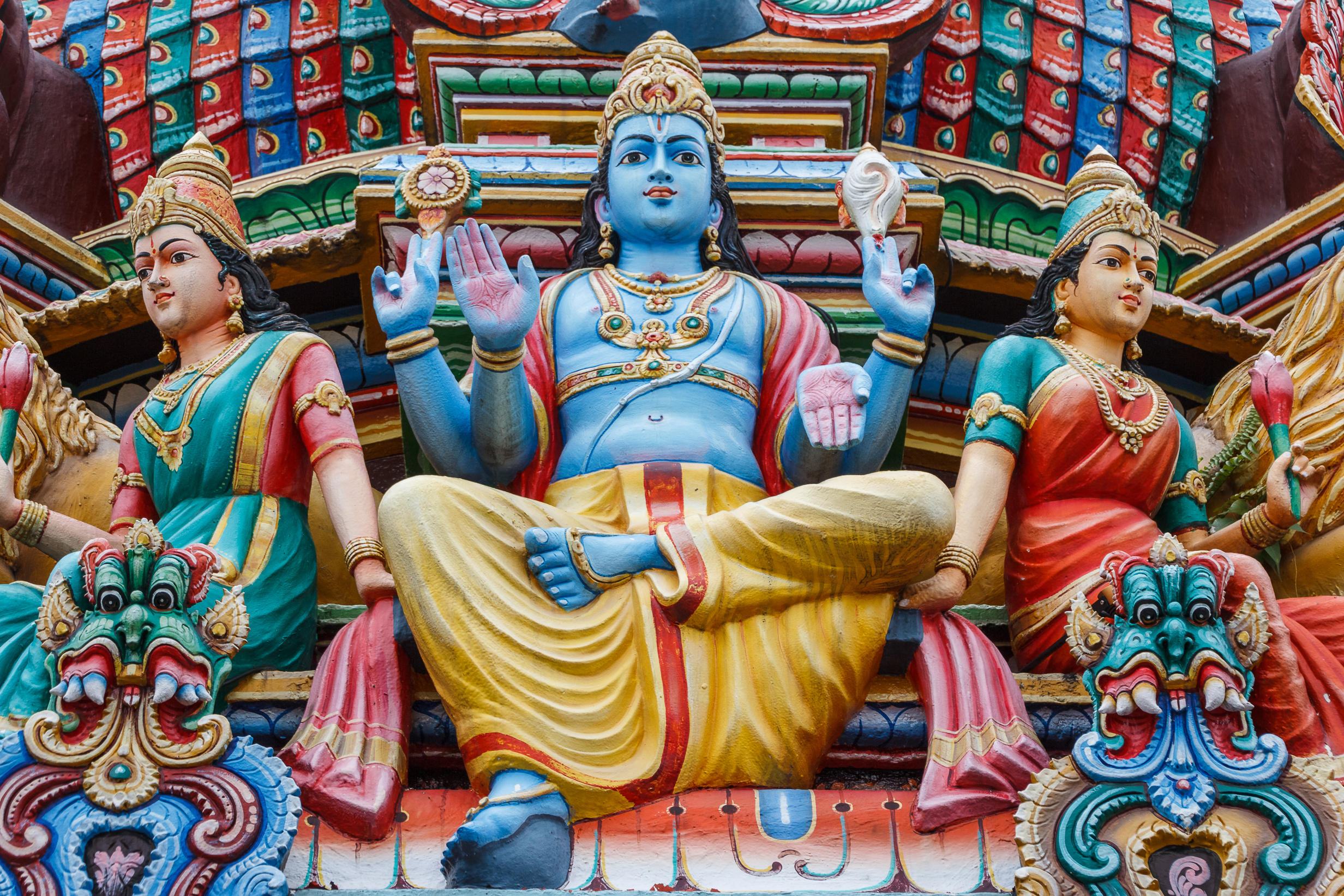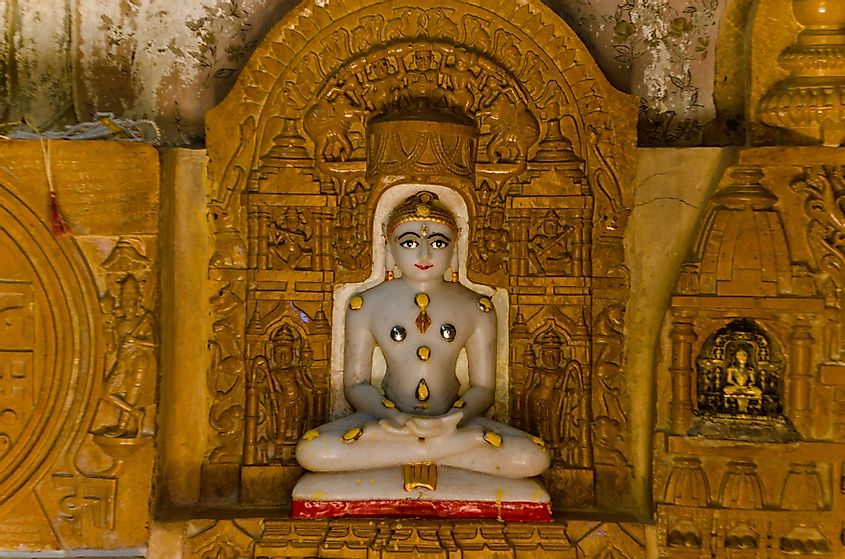

Religion has been a part of human life since ancient times, helping people understand the world.
For thousands of years, humans have looked to the skies, pondered the mysteries of life and death, and sought meaning in the world around them.
This deep curiosity and yearning for understanding led to the birth of religions – belief systems that provide answers to these big questions and offer guidance for living a good life.
While there's no single starting point for religion, archaeologists and historians believe early forms of spiritual practices emerged alongside the development of human civilisation. These practices involved rituals, offerings to appease unseen forces, and beliefs in the spirit world. Over time, these practices evolved into more complex systems with established doctrines, founders, and sacred texts.
Today, religion continues to shape cultures, societies, and individual lives. It provides comfort, community, and a framework for moral behaviour. With a vast array of religions practised worldwide, let's take a look at five of the oldest belief systems that have stood the test of time, influencing millions throughout history:
1. Hinduism

Hinduism is regarded as the world’s oldest religion, with origins tracing back to around 1500 BCE in the Indus Valley (modern-day Pakistan and India). Unlike many other religions, Hinduism doesn't have a single founder. Instead, it developed gradually through the synthesis of various beliefs and practices over centuries. Central to Hinduism is the concept of Dharma (moral law) and the belief in reincarnation—where the soul is reborn in a new body after death, influenced by one’s actions in previous lives.
ALSO READ: Top 10 most popular religions in Africa
2. Judaism

Judaism is the oldest monotheistic religion, originating around 2000 BCE in the Middle East. It is centred on the belief in one God who revealed Himself to the Hebrews through prophets like Abraham and Moses. The Torah, Judaism's sacred text, lays down laws and ethical guidelines for Jews to follow. Over 3,500 years, Judaism has influenced other major religions, including Christianity and Islam.
3. Zoroastrianism

Zoroastrianism emerged in ancient Persia (modern-day Iran) around 1500 BCE. Founded by the prophet Zoroaster, this religion teaches the duality of good and evil and the eventual triumph of good. The religion's followers worship Ahura Mazda, the supreme god, and strive to live righteous lives. Though Zoroastrianism's influence has waned, its principles are thought to have impacted other religions, including Judaism, Christianity, and Islam.
4. Jainism

Jainism began in India around the 7th–5th century BCE and emphasises non-violence (ahimsa), truth, and asceticism. The religion’s spiritual guides, known as Tirthankaras, taught that liberation from the cycle of rebirth is achieved through a disciplined life of harmlessness and renunciation. Mahavira, the 24th Tirthankara, is credited with consolidating Jain teachings, which continue to inspire millions, particularly in India.
5. Shinto

Shinto is the indigenous religion of Japan, with origins that likely date back to prehistoric times, though it was formally organised much later. It is deeply rooted in the worship of kami—spirits associated with natural elements, ancestors, and sacred places. Shinto does not have a founder or a set of scriptures like other major religions. Instead, it focuses on rituals and practices to maintain harmony with the kami and nature.
ALSO READ: 10 most widely practised religions in the world
This content was created with the help of an AI model and verified by the writer.
Read Full Story























Facebook
Twitter
Pinterest
Instagram
Google+
YouTube
LinkedIn
RSS